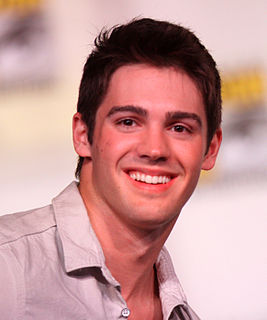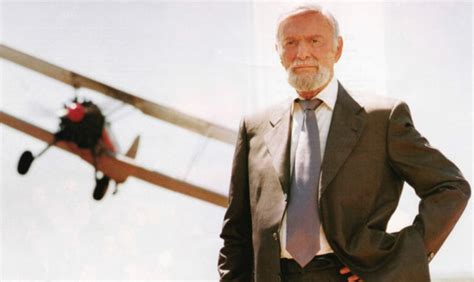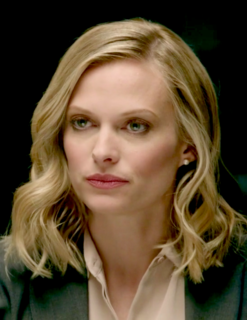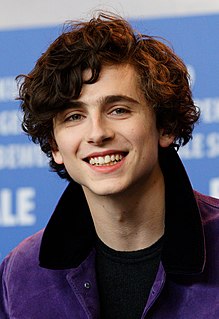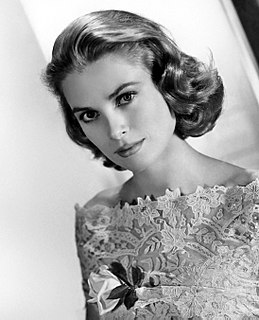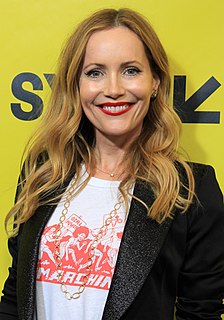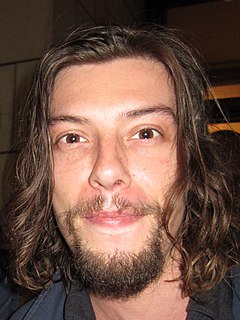A Quote by Nick Hornby
When you're adapting a novel, there are always scenes taken out of the book, and no matter which scenes they are, it's always someone's favorite. As a screenwriter, you realize, 'Well, it doesn't work if you include everyone's favorite scenes.'
Related Quotes
Pictures are written, acted, directed, photographed, edited, scored and all that. The screenwriter determines what scenes are in and what scenes are out; decides whether that bit of information is dramatized or just referred to; whether it takes place on or off screen. There are millions of decisions made by the screenwriter.
It's always easiest for me as a writer if I know I have a great ending. It can make everything else work. If you don't have a good ending, it's the hardest things in the world to come up with one. I always loved the ending of 'The Kite Runner,' and the scenes that are most faithful to the book are the last few scenes.
When I was on 'The Golden Girls,' we'd have eight scenes per show. And when 'Seinfeld' came along, they went to, like, 30 scenes a show, which was revolutionary. 'Arrested Development' has probably got 60 scenes per show. It just keeps emerging as this more and more complex thing. I always try to keep it very simple at its heart.


